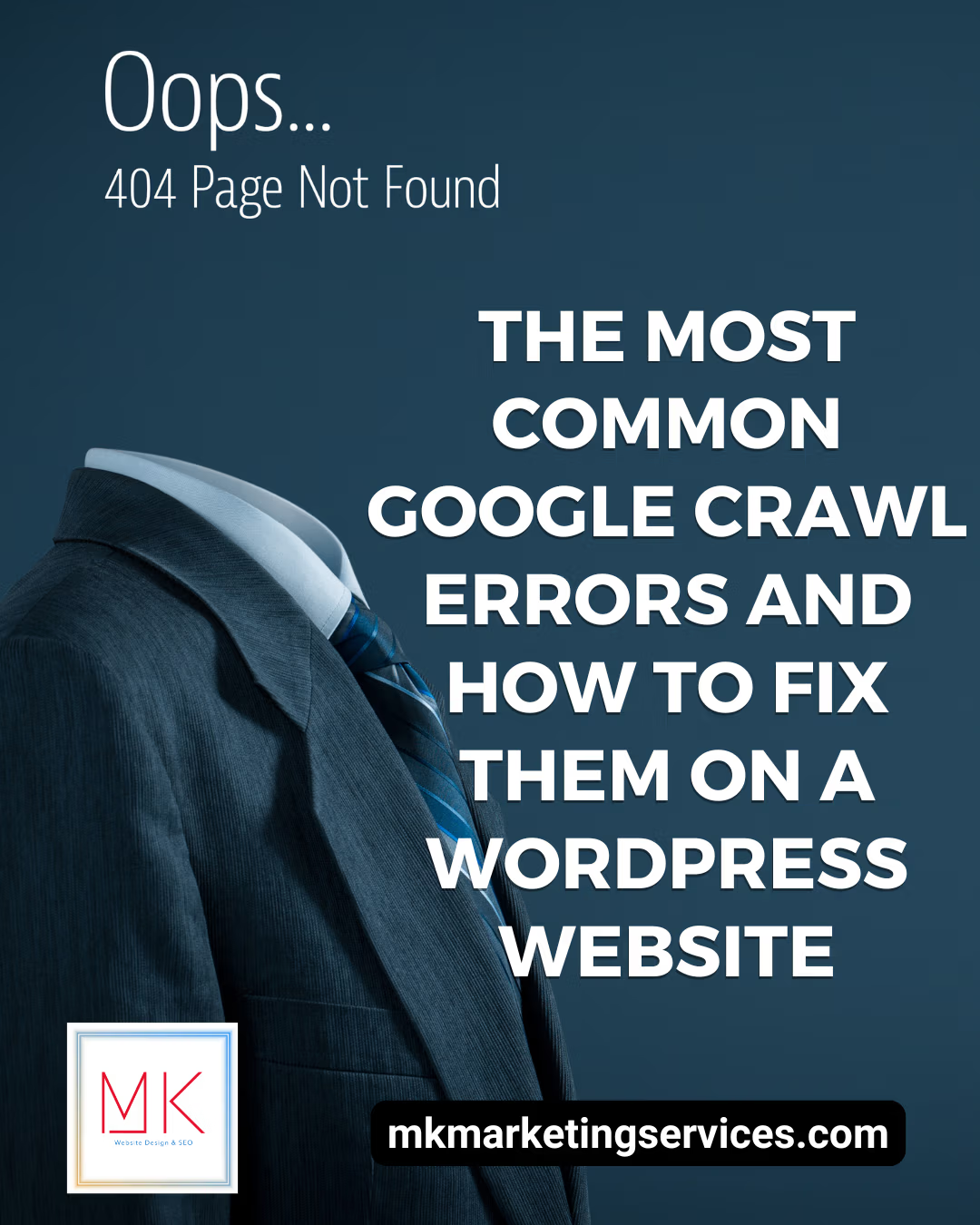SEO, which stands for, “Search Engine Optimization” is the method in which individuals on the internet can gather traffic from organic search results. Many algorithms affect SEO and these algorithms are particular to the platforms that they are built into and moreover these algorithms are changing everyday. For example, Google has an algorithm update named FRED that deals with daily changes to the search engine order every single day. It may not be possible to guarantee a path to the number one search result but there are many ways that you can use SEO to your advantage.
Keyword Research
Keyword research is a vital part of properly utilizing SEO. Understanding the best ways to manifest the best keywords for your use can be a gamechanger. The first step to proper keyword research is to ask yourself the right questions. This is used to narrow down what your niche is and the content that they are already searching for so you can put yourself in their line of sight. It is important to realize that sometimes, while you might be tempted to only utilize the highest value keywords, do not use this as your only tactic. It is also favorable to you to use lower search history because there is less competition on the keyword use.
How Your Website Affects Your SEO Rating
You can be doing everything right when it comes to your SEO and at the end of the day, if your landing page does not make consumers want to stay then there is no point in all of the work being done. Also, if the crawlers cannot find your website in the first place, you may never be entered into the Google Index at all. Your website’s page speed loading also plays a role in your search engine ranking. The goal is to be less than the average which is 3.5 seconds per page. There are many factors in SEO that are directly related to the website.













